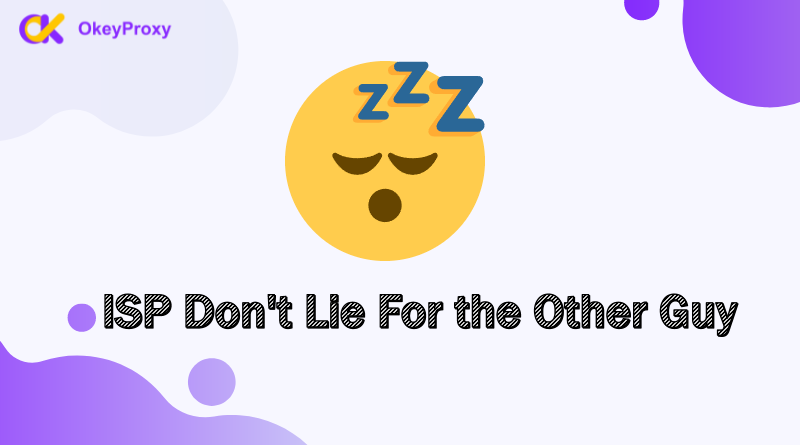
With convenience comes the inherent risk of privacy concerns, as ISPs have the ability to monitor, store, and possibly share our online activities. Understanding these risks and taking proactive measures is essential for ensuring your online privacy.
What Your ISP Can See
Your ISP acts as the gateway to the internet for your device, granting them visibility into your online movements. They can track the websites you visit, the applications you use, and can even access your IP address, revealing your general location. This information is incredibly powerful, and without protection, ISPs can potentially log your activity and share it with third parties, such as marketers or governmental agencies, depending on local regulations.
The Risks Involved
The extent of data collection and sharing practices by ISPs can lead to privacy invasions. For example, some ISPs monetize their data by selling it to advertisers who then tailor targeted ads based on your browsing habits. Additionally, under certain legal circumstances, ISPs might be obligated to hand over your browsing data to authorities. These scenarios highlight the importance of employing security measures to protect your online identity.
Choosing the Right Protection: Proxies and VPNs
One of the foremost methods to safeguard your personal data from ISPs is by using a proxy server or Virtual Private Network (VPN). These tools work by masking your IP address and encrypting the data you transmit, effectively anonymizing your online presence and making it difficult for ISPs to track your activity.
A proxy acts as an intermediary between your device and the internet. It routes your connection through another server, thereby presenting its IP address to the sites you visit rather than your own. This not only helps in hiding your whereabouts but can also allow you access to region-locked content by making it appear as if you’re accessing the internet from another location.
VPNs, on the other hand, offer a more robust solution by creating a secure tunnel for your data. High-level encryption protocols ensure that your online activities remain private, even from your ISP. It’s particularly useful when accessing sensitive information or using public Wi-Fi networks.
The Importance of Security
While many proxy services are available for free, it’s vital to choose reputable proxy providers like OkeyProxy that offer strong privacy policies and do not log user data. Many free proxies can often compromise your privacy further by selling your data to third parties, a risk similar to that posed by ISPs themselves.
Conclusion
In conclusion, while ISPs play an essential role in internet connectivity, they also pose significant risks to your online privacy. By understanding these risks and utilizing tools such as proxies and VPNs, you can take significant steps toward ensuring your online actions remain private and secure. Safeguard your digital life by adopting these technologies today and regain control over your internet privacy.
More information: